Proven: Cereal Plants Absorb Nanoplastics

Using an advanced method, researchers at TU Graz and the Centre for Electron Microscopy have detected plastic in the roots of wheat plants. Whether the particles reach the ears of grain will be shown…

Using an advanced method, researchers at TU Graz and the Centre for Electron Microscopy have detected plastic in the roots of wheat plants. Whether the particles reach the ears of grain will be shown…

By combining physics-based methods with machine learning, a team at the Institute of Thermodynamics and Sustainable Propulsion Systems at TU Graz is developing models that deliver better results…
One topic, but a multiplicity of angles and perspectives.
Energy storage systems are becoming increasingly important, powerful and widespread. However, this also means that the demands on their safety and durability are growing.

An enhanced computer model is now helping to provide fresh insights into cancer-cell growth and how it can be stopped. The digital cell model represents another step towards individualised cancer…
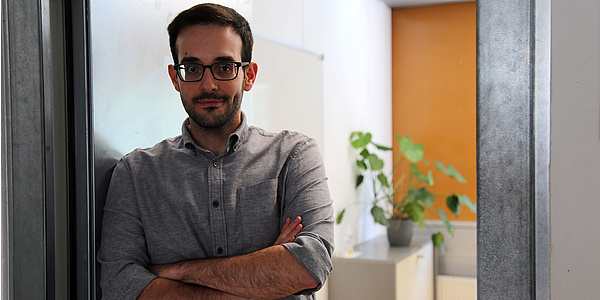
Ozan Özdenizci has been working on the Bilateral AI project at TU Graz since May and is part of a larger endeavour to put artificial intelligence (AI) on a broader footing.
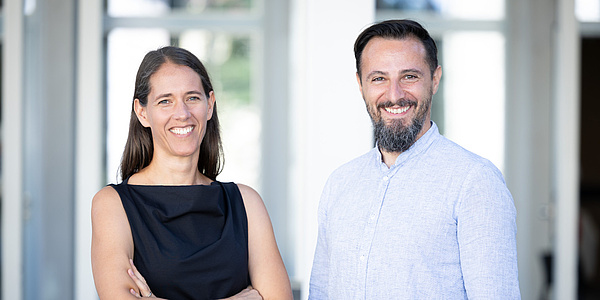
The two TU Graz researchers have been awarded the prestigious European funding prize of around 1.5 million euros each for their projects on improved therapy for traumatic brain injury and 3D…
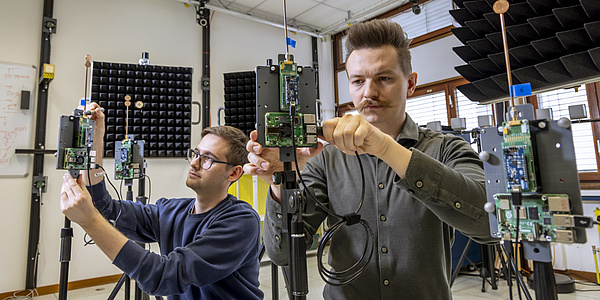
IoT devices without a dedicated power supply: this is the research focus of an international consortium that includes TU Graz. The EU has provided EUR 8.4 million in funding for the project, which is…
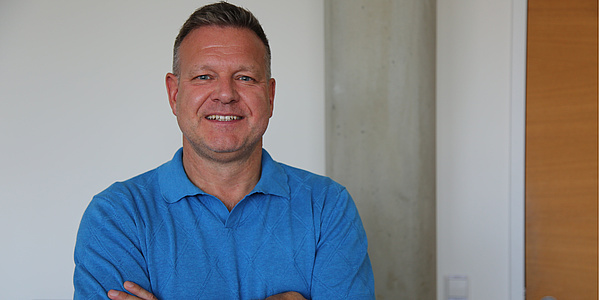
Christian Trapp moved from the University of the Bundeswehr Munich to TU Graz in July. In this interview, he talks about his enthusiasm for simple and efficient machines and engines.

The scalar magnetometer conceived by Roland Lammegger and Christoph Amtmann at the Institute of Experimental Physics at TU Graz opens up new possibilities in magnetic field measurement thanks to its…
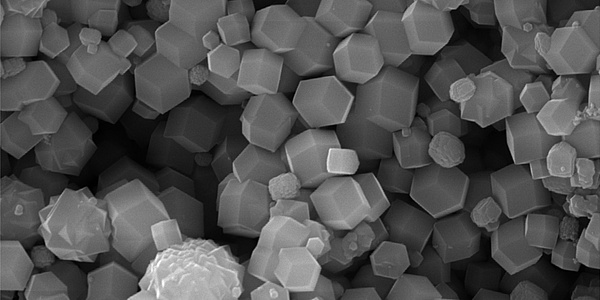
An international research team involving TU Graz has developed flexible MOF films that can bind and release carbon dioxide (CO₂) based on light and temperature stimuli – a promising approach for…
Monthly Newsletter about current Researchtopic at Tu Graz. Follow now.
TU Graz | Communications and Marketing
Rechbauerstraße 12, 8010 Graz
+43 316 873 6005
kommunikation@tugraz.at